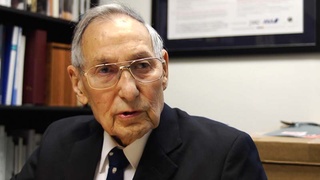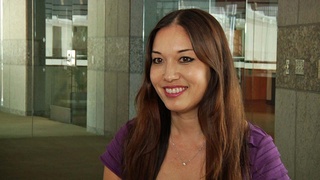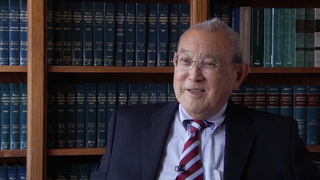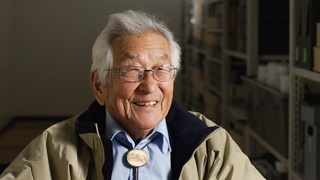Interviews
Fully aware of discrimination in America
You know the thing that a lot of people don’t understand is that in our bull sessions, particularly among the officers, how seriously we took our task of being a combat unit. We realized that we would be the first Asian combat unit ever. And that we were all fully aware of - but I won’t repeat here - but we talked endlessly about the inequities of life in America. For example, here in Los Angeles, I don’t care how much schooling you had, I don’t care how well groomed you are, you were, in those days, you couldn’t even get a job as a bank teller. That’s the lowest, maybe you could get a job as a… a girl could get a job as a telephone operator, where she’s hidden in the back room, but not in the front. You couldn’t be…no big corporation would hire you for anything that required you for being in the public.
And so, back in those days, we didn’t have the big supermarkets, but then you ended up working in a food stand or you ended up working in a butcher shop in the back for the Chinese people, or you ended up doing something other than what required...that enabled you to wear decent clothes and a tie. See? There was just nothing there for the average person. In Hawaii, well, you could get a job as a bank teller, but then you would have to work harder than the Caucasian, get less - be paid a different wage. I mean there was no hidden thing about it. There was a double weight scale.
Date: August 28, 1995
Location: California, US
Contributed by: Watase Media Arts Center, Japanese American National Museum











